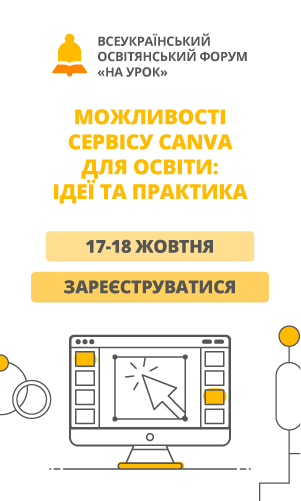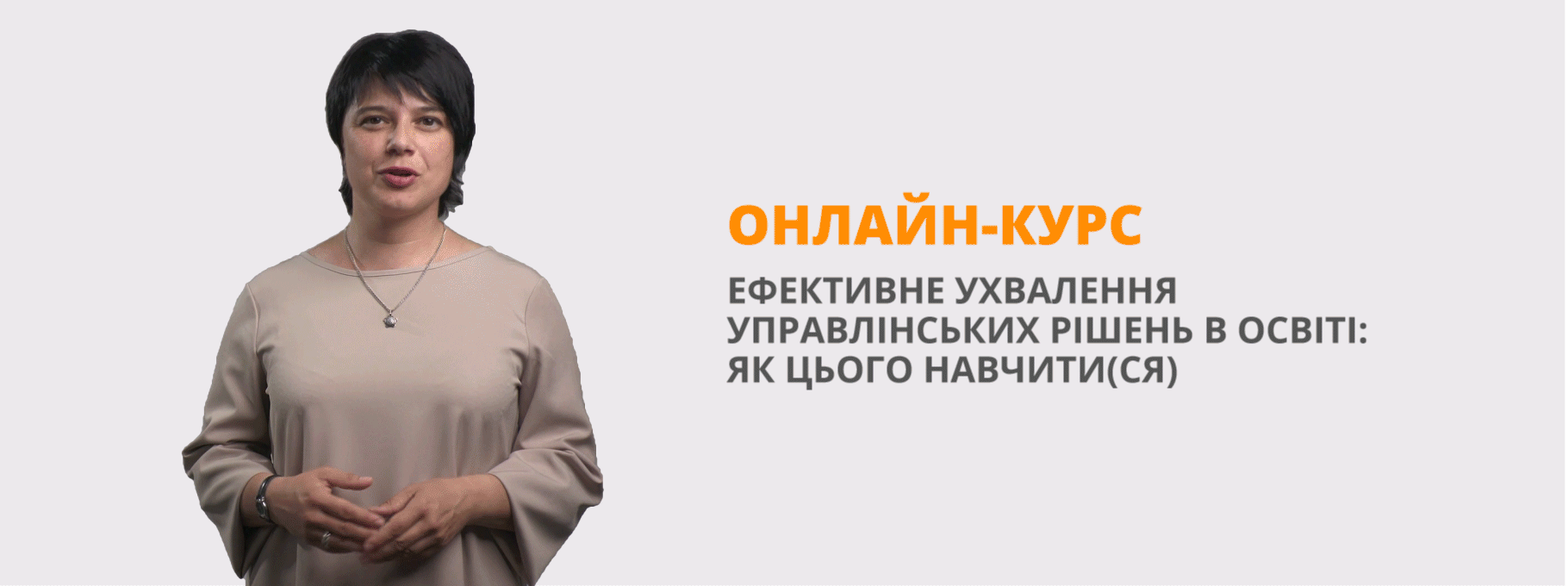Урок у 8 класі: "Кіно в нашому житті"
Жубинська М.І.
вчитель методист
вчитель англійської мови
НВК «Ерудит»
Солом’янського району
м. Києва
Тема: Кіно в нашому житті.
Мета:
- формувати навички використання лексичних одиниць з теми;
- удосконалювати навички аудіювання, усного мовлення, читання та письма;
- розвивати вміння ставити розділові запитання;
- Сприяти розвитку мислення та пізнавальної активності.
Обладнання: Мультимедійний проектор, екран, презентація в Power Point, картки для індивідуальної та групової роботи.
Хід уроку
І. Warm-up. Введення в іншомовну атмосферу.
1.Актуалізація опорних знань
What kinds of films do you like to watch?
- Гра “Listen and Guess the Word”
- A kind of film telling about the life of cowboys in America. (a western)
- A film that is funny or has a happy ending. (a comedy)
- A kind of film about dangerous and exciting situations. (an adventure film)
- A kind of film telling about some military events. (a war film)
- A person who comes to the cinema to watch some film. (a viewer)
- A set of events in any story or a play. (a plot)
- A film using drawing and not real people or animals. (a cartoon)
- A film about life in the future, often describing space travel and life on other planets. (a science fiction film)
- A place in the theatre where actors and actresses perform the plays. (a stage)
- A theatrical performance where actors express their feelings with the help of dance. (a ballet)
- A performance in which the actors sing instead of speaking. (an opera)
- A person who comes to the theatre to see a performance. (a spectator)
- A place in the theatre where you can buy tickets for the performance. (a ticket booth / a ticket box office)
2. Mind –map
What are your associations with the word CARTOON?
It’s “Last Word Chain”. For example: I like to watch films. Films are very popular nowadays. Nowadays we can se a lot of films on TV. TV shows feature films every day….
II. Check on homework
Teacher: Yesterday we spoke about your favourite films and cartoons and people who make them.
You’ve prepared dialogues for today. Dramatize, please.
ІІІ. Основна частина
- Подання тексту “ Cinema” для читання.
Cinema
I. Pre – Reading:
1) What do you usually do at your leisure time?
2) Do you go to the cinema? What films do you like to watch there?
3) Have you ever been to the theatre? What did you like in the theatrical performance?
4) Is it easy to be an active participant of the performance or the film you watch?
NEW WORDS
- various – різний
- prefer – віддавати перевагу
- thriller – трилер
- show – сеанс
- to invent - винаходити
- “talkie” – звукове кіно
- to project pictures – проектувати картинки
- cinema bill – афіша
- to award – нагороджувати
- complicated – складно
II. While – Reading:
Cinema
An American Thomas Edison made the first machine with moving pictures in 1891. It was called a kinetoscope.
Then in 1895 a machine that projected pictures on to a screen was invented by two French brothers, Auguste and Louis Lumiere. They called their machine a cinematographe. The pictures from machine were shown one after another very quickly. The Lumierebrothers gave the world’s first public film show in 1896.
In the beginning films were made to show news. But by 1902 film makers began to write stories for films and use actors. The first “talkie” was shown in America in 1927. It was called “The jazz Singer”.
There are many different kinds of films: features films, animated cartoons, documentary or popular science films, westerns, comedies, historical, musical, horror films, newsreels and a lot of others.
Making a film is very difficult and complicated. Many people work at a film studio and take part in the film shooting. They are a producer, a scriptwriter, a cameraman, actors and actresses.
We see films either at the cinema or on TV. From time to time we go to the cinema. We buy tickets at the box – office beforehand. Near the cinema we can see a cinema bill where we can read what films are on the show begins.
Cinema is loved by people in all the countries. That is why nearly every year different film festivals are held. The most popular of them are film festivals in Cannes and in Odessa. The best films win “Oscar” or “Gold Duke”, the most talented actors and actresses are awarded with prizes.
While reading the text “Cinema” decide if the given statements “True” or “False”. Correct the false statements.
- A French Thomas Edison made the first machine with moving pictures in 1891.
- The pictures from machine were shown one after another very quickly.
- The first “talkie” was shown in England in 1927.
- Making a film is very easy and simple.
- We buy tickets at the box – office beforehand.
- Nearly every year different film festivals are held.
- We see films either at the cinema or on TV.
III. Post – Reading:
- Answer the questions:
- How was called the first machine with moving pictures in 1891?
- When did the Lumiere brothers give the world’s first public film show?
- How was called the first “talkie” film?
- What kinds of films do you know? Name them.
- Who works on making a film? Name them.
- Where do we buy tickets?
- What prizes are the best films awarded?
- Grammar (граматичний матеріал)
You know the famous actor Orlando Bloom.
It’ll be a funny story.
That isn’t his best film.
Toby didn’t like this comedy.
We weren’t at the cinema yesterday.
Rosy hates historical films.
Закінчіть запитання (учні повторюють розділові запитання, підбираючи
відповідне закінчення)
Active and Passive Voice. QuestionsTags.
а) Revise Grammar material. Put the verbs in the brackets into Active or
Passive Voice. Choose the correct answer.
- This play _______________ (to perform) in our theatre last year.
a) was performed b) is performed c) were performed
2) The actor ________________ (to become) famous in 1996.
a) will become b) is becomes c) became
3) When ___________ the theatre _____________ (to build)?
a) was ___ built b) did___ built c) does ___ build
- The spectators usually______________ (to bring) flowers to the actors.
- brings b) bring c) brought
- Theatrical reviews ____________ (often to write) by theatrical critics.
- are often written b) is often wrote c) were often written
- what play ___________ (to describe) in today’s newspaper?
- Were described b) described c) is described
- what kind of performances _____________ (usually to show) in this theatre?
- were usually shown b) are usually shown c) will show
- How many plays ______________ (to stage) by your Drama Club last year?
Were staged b) staged c) are stage
b)Make question tags.
1) It’s a huge western style theatre, ________________?
2) You haven’t seen a new play this month, _____________?
3) The guests don’t sit on soft seats, _________________?
4) He can become a famous comedian, _______________?
5) There were a lot of people at the theatre, _____________?
6) She isn’t watching a comedy now, _______________?
7) He hasn’t been to a new theatre yet, __________________?
8) My Dad used to like cartoons when he was a small boy,_________?
9) This film won the Grand Prize at the Cannes Film Festival, ______?
10) The seats are placed on the steep stands, ______________?
- Аудіювання діалогу “A Conversation”.
A Conversation
Hello! How are you?
- I’m fine, thank you. Tom, are you free on Friday evening?
- Friday evening?
- Sorry, I’m busy on Friday. But what’s the matter?
- I’d like to go to the cinema and I hoped you would join me.
- And what is on?
- A new comedy “Crazy Cousins” is on at the “Plaza” cinema. It must be very funny.
- Henry, can we go to the cinema some other day?
- No problem. Is Saturday OK with you?
- Yes, I’m free on Saturday.
- Then, I’ll buy tickets. What row do you prefer to sit on?
- Not very close to the screen. I think, row 12 or 13 will be fine.
- As for me, I think row 12 will be better.
- I don’t mind, Henry. What time shall we meet?
- Let’s meet at a quarter to six in front of the cinema.
- Good. Bye then, see you on Saturday.
- See you, Tom.
Complete the form:
Cinema:
Film:
Day, date and place to meet:
Row:
4. Speaking
Teacher: So, you ‘ve just seen a lot of cartoon heroes.
What words can we use to describe cartoon character
favourite, honest, dishonest, generous, exciting, amazing, funny, relaxing, interesting, amusing, useful, good, romantic, unusual, kind, terrible, boring, sad, scary, depressing, cheerful, frightened, horrible, bad, polite, kind-hearted, curious, selfish, funny, terrible, to be full of ideas.
III. Заключна частина уроку.
- Домашнє завдання.
T.: Thanks for your excellent work during the whole lesson. Open your daybooks and write down your homework.
Your homework for the next time is to write a review of your favourite film.
- Підсумки, оцінки.
T.: What was our lesson about?
What activities did you like best of all?
What have you learnt?
Your marks are……….
Thank you for your work. Have a nice day. Good bye!


про публікацію авторської розробки
Додати розробку
